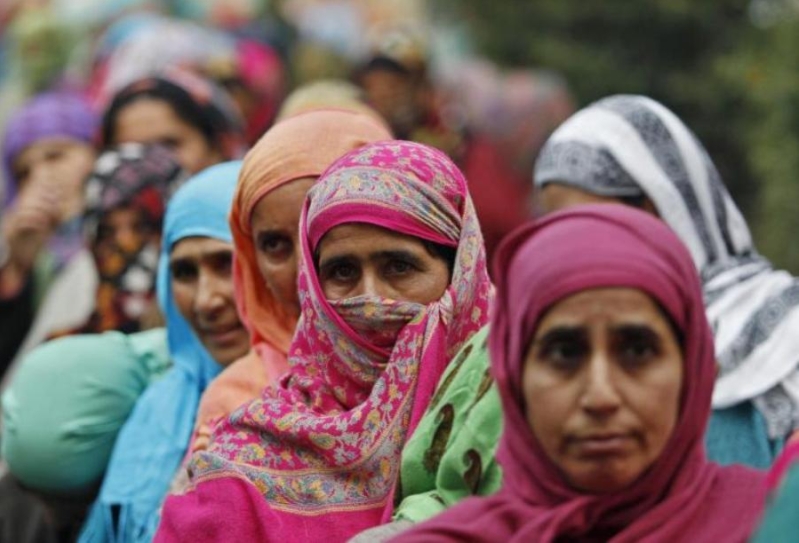
India's Supreme Court officials on Monday ruled future political elections must be secular in approach, and specifically banned the use of religion and caste in political activities prior to state polls, citing that such affiliations often determine the fate of campaigns.
Most political parties in India select candidates in various districts based on caste and religious considerations, according to Aljazeera.
The Supreme Court ruling warned politicians who disqualify election candidates based on religion or caste: "Religion has no role in electoral process which is a secular activity. Mixing state with religion is not constitutionally permissible."
"No politician can seek vote in the name of caste, creed or religion," said Chief Justice T.S. Thakur in an order, adding that election process must be a "secular exercise."
An election won by soliciting votes along the lines of identity politics could be considered corrupt practice and the result set aside, the court said.
While India was officially secular, political parties traditionally used religion and caste as the main criteria to select candidates and to appeal to voters, reports Vatican Radio.
The new ruling came in response to petitions and pleas that date back to 1990, as politicians allegedly used religion and caste as a tool to garner votes and thrive to power, such as Indian Prime Minister Narendra Modi's Hindu nationalist Bharatiya Janata Party (BJP). BJP ran on a Hindu nationalist agenda, with party members in the past being accused of making anti-Muslim statements to polarize Hindu voters.
The court ruling comes just weeks before a state election in Uttar Pradesh, India's most populous state where the two issues of religion and caste typically dominate campaigns. Results of the election are expected to be important for Modi's expected bid for a second term in 2019.
State elections are also due this year in the states of Punjab, Uttarakhand, Goa and Manipur.
The Supreme Court, ruling on a petition filed by a politician in 1996, wrote in its opinion that the secular ethos of the constitution had to be protected. The majority view of the seven-judge Supreme Court bench held that elections would be void if a politician made an appeal for votes on the basis of religious sentiment, according to Reuters.
"If this judgment is taken literally, then pretty much every single party in India could be disqualified," said Ashok Malik, a fellow at the Delhi-based Observer Research Foundation.
Indian voters, especially outside its larger cities, historically have been organized into "vote-banks" along religious, caste and language blocs -- divisions the country's founders considered an essential component of managing power in such an intricately diverse nation, reports The Guardian.
Malik said appeals to religion or caste were too deeply ingrained in Indian politics to be eradicated by a court order. "Identity is intrinsic to human society and there is political mobilization all over the world that takes place along these lines," he said.
"You can't ban identity. A sweeping ban on the use of identity for political mobilization is going to be unimplementable."






